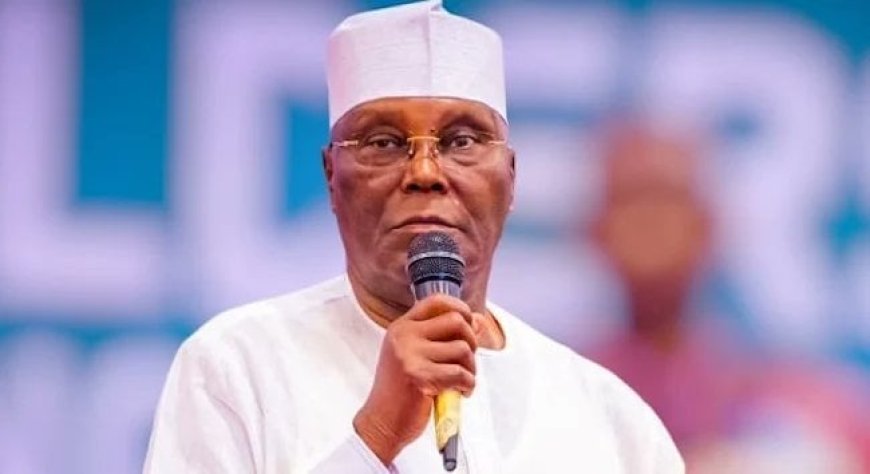Neglect of education behind Nigeria’s insecurity, systemic decay — Atiku

Former Vice President and African Democratic Congress chieftain, Atiku Abubakar, has blamed insecurity and systemic decay in the country on the neglect of the education sector.
Atiku spoke on Saturday in Yola, the Adamawa State capital, during the 17th Annual Founder’s Day of the American University of Nigeria.
He said, “The crass disregard for education inflicted upon us by the current and successive governments since 2007 has transformed what could have been a vibrant future into a bleak landscape.”
He noted that as daunting as the country’s divisive challenges appear, “the most insidious threat of all comes not from the visible chaos unleashed by armed groups but from the far deeper neglect of our education, health and human development services.”
Atiku warned that while the country struggles to confront violence and turmoil from armed groups, the consequences of neglecting human development sectors “do not just threaten the present — they wreak havoc on the future.”
The former vice president urged individuals and the private sector to pay close attention to the state of Nigeria’s education system, stressing that idle youths have become fertile ground for criminal recruitment.
“Our beloved country, endowed with a youth population of enormous promise, faces staggering challenges that threaten to undermine our most precious asset — our children.
Currently, millions of children remain out of school, and among those who do enrol, many find themselves disillusioned and trapped in an outdated system that fails to prepare them for the demands of an increasingly complex and competitive world,” he said.
Atiku described Nigeria’s education statistics as “sobering”, lamenting that the country holds the “regrettable title” of having the highest number of out-of-school children globally.
“While the security threats we face today may seem daunting, they pale in comparison to what awaits us because of our criminal neglect of education,” he said.
He warned that if Nigeria fails to urgently revamp its education sector, “we doom an entire generation to lives devoid of opportunity, creativity and freedom.”
Atiku criticised the Federal Government’s decision to allocate over $23bn to the Lagos–Calabar Coastal Highway ($13bn) and the Badagry–Sokoto Superhighway ($9bn), describing the move as misguided in the face of a national education crisis.
“This reflects a grievous misallocation of priorities — an embarrassing disconnect between infrastructural development and the pressing need for educational reform,” he said.
He added that what made the projects even more disturbing is that they were not preceded by strategic planning or community engagement, nor were they part of the ruling party’s campaign promises.
“Because they bypassed all established channels of accountability and morality, their dogged pursuit reveals a troubling allegiance to the insatiable greed of those in authority, who appear intent on loading our collective patrimony into their own pockets,” he said.
Also speaking, the guest speaker, Professor Muhammadou Kah, described AUN as the hope for Africa’s future leaders. He noted that no country can progress without quality education, describing education as the compass for human and infrastructural development.
Kah urged AUN students to take advantage of the institution’s state-of-the-art facilities to prepare themselves for future leadership, and commended the university’s founder for reducing the need for African students to travel abroad in search of quality education.
In his remarks, the President of AUN, Dr Dewayne Frazier, assured Atiku that the university’s leadership remains committed to fulfilling the vision behind its establishment.
The event was attended by former Adamawa State Governor Jibrilla Bindow, Senator Ben Obi and other dignitaries.

 admin
admin 


